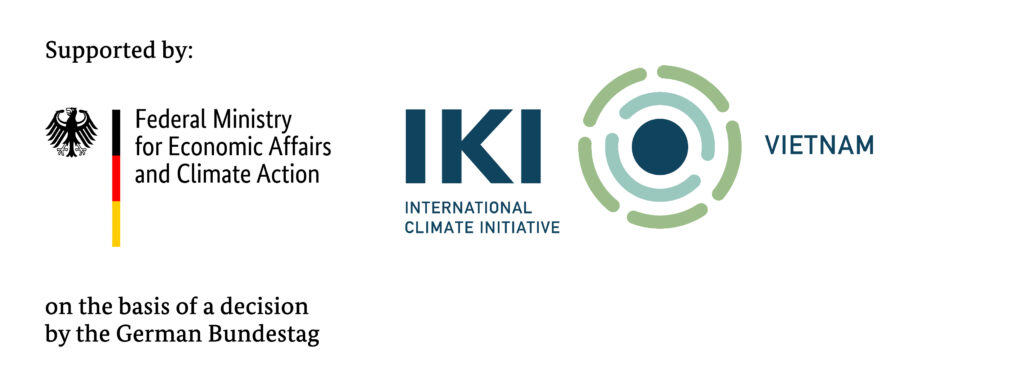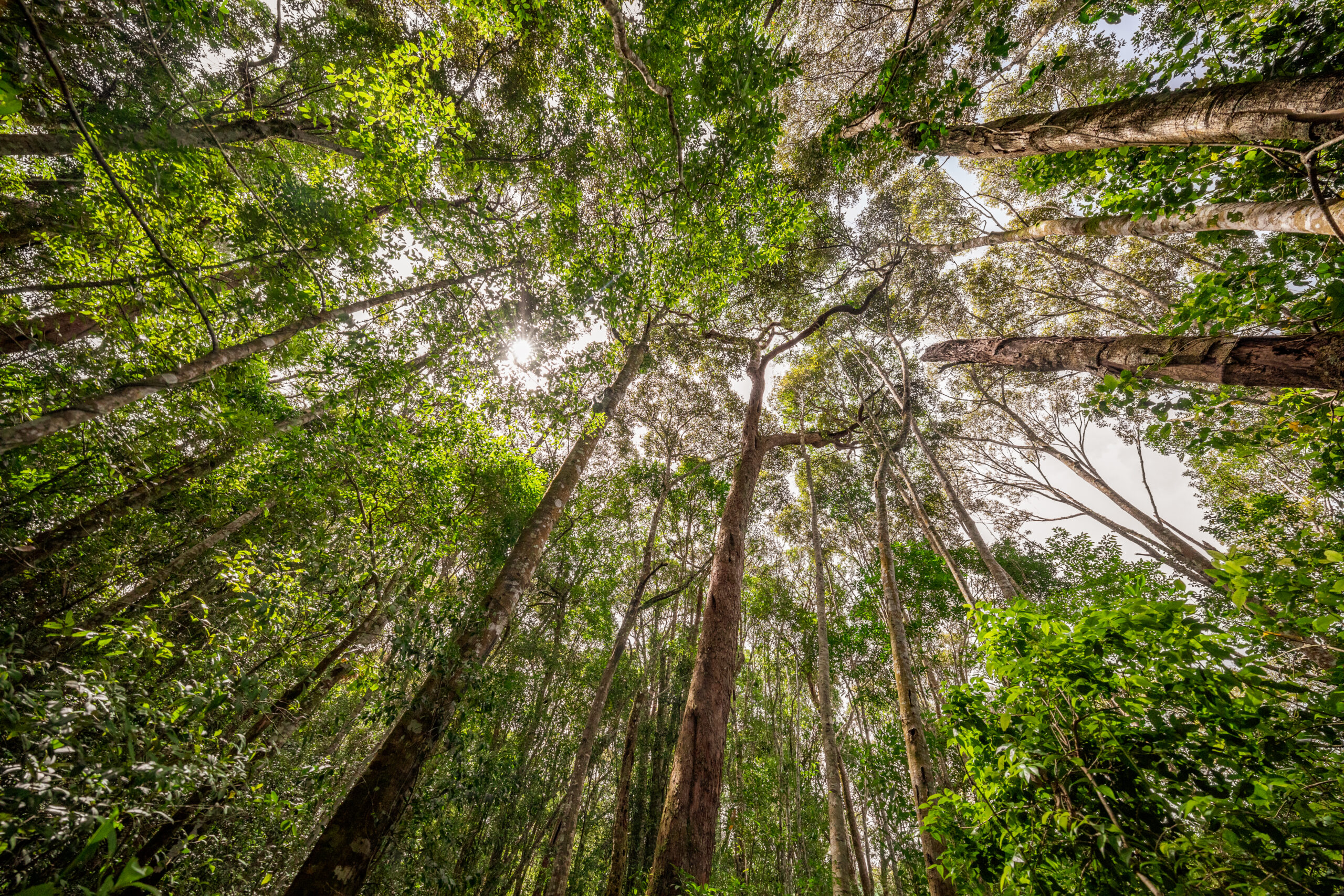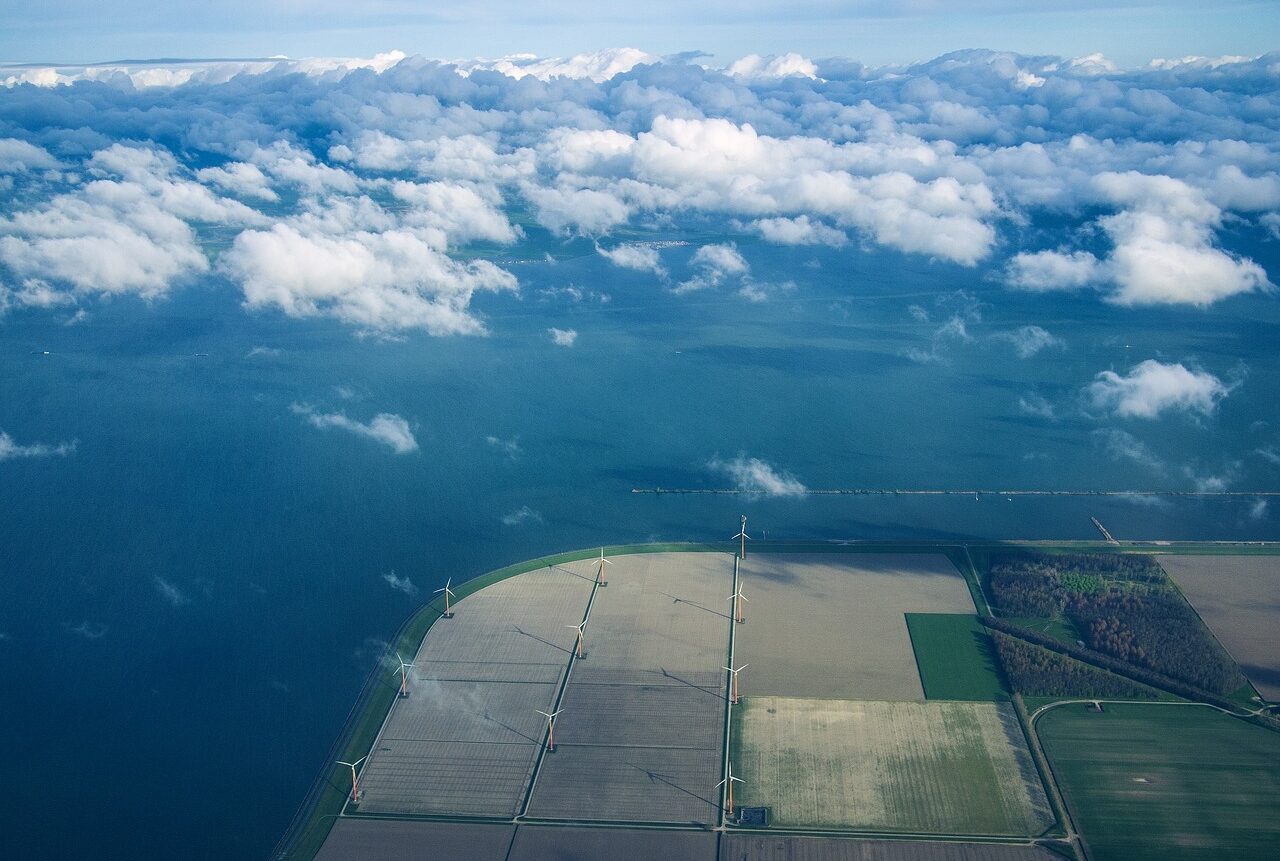The first part of the 15th meeting of the Conference of the Parties (COP-15) to the Convention on Biological Diversity (CBD) in China has concluded with the adoption of the Kunming Declaration, a new political momentum that will outline the path for the protection of the planet’s biodiversity and ecosystems. The declaration paves ways for the final negotiations on the adoption of the post-2020 global biodiversity framework which will take place in Part 2 of the COP15 in April 2022.
The outcome of the virtual conference was considered a success as governments have acknowledged the current existential threat humans’ society and all living creatures are facing due to rapid degradation of the planet’s ecosystem. Following the adoption of the Kunming Declaration, all parties are committed to implement transformative and effective measures to achieve ambitious post-2020 targets, which for now include at least 30% of global land conserved (the ‘30 by 30’ plan) and a USD 200 billion increase in financial provision to developing countries.
For the effective implementation of the framework, the declaration emphasizes the importance of increasing the financial provision to developing countries. This aspect was picked up by representatives from developing and emerging economies, urging more international support, “(…) to allow developing countries to benefit in a fairer way” (Chinese President Xi Jinping), as these parties hold most of the world’s biodiversity and thus are most vulnerable to environmental degradation.
Vietnam is among the countries most affected by climate change, and has made increasing climate and biodiversity commitments in recent years. As one of the world’s most important biodiversity hotspots, the country shows high political will regarding the conservation of its ecosystems. The Vietnamese government has recognized the urgent needs to revive biodiversity due to the unprecedented degradation of its environment. Such efforts are presented in Vietnam’s contributions to both the 26th UN Climate Change Conference of the Parties (COP26) and COP15:
Besides the promising net-zero pledge by 2050 made by Prime Minister Pham Minh Chinh at COP26, Vietnam also joined 100 other nations on the Declaration on Forests and Land Use to reduce the rate of deforestation and reverse the biodiversity loss by 2030. In the high-level segment of the Kunming conference, the government representatives joined the discussion of biodiversity conservation and sustainable development. Vietnam has also pledged to develop a legal framework to ensure that all industrial processes minimize harmful activities and maximize positive impacts on the environment in the parallel during a working meeting at COP15. This will help aid the mainstreaming of biodiversity in the business sector and is necessary to promote sustainable economic growth.
The persistent commitments and efforts by Vietnam are reflected in recent achievements in biodiversity restoration. From 25,000ha of forests being converted to other land purposes in the period of 2003-2009, forest coverage has bounced back close to the level of 1943 (41.2%) and witnessed a continuous increase for the last three decades, making Vietnam the only country in the Mekong Delta region to accomplish the feat.
Cooperation with international organizations and countries within the ASEAN regions is also strengthened. Before the conference in Kunming, China, Minister of Natural Resources and Environment (MONRE) Tran Hong Ha and the Director General of World Wildlife Fund (WWF) Marco Lambertini had proposed further collaboration on natural protection as well as the development and implementation of NBSAPs and the Global Biodiversity Framework (GBF).
Following the Kunming Declaration, the Vietnamese government is preparing for the new NBSAP 2020-2030, with a vision to 2050. The new biodiversity action plan for the next decade will be built on achievements of the previous NBSAP of 2011-2020 and address the remaining challenges. Some 2020 targets have been achieved including the establishment of nine new conservation areas along with the restoration of over 32,300 ha of degraded forests. Subsequently, the population of many mammals in their natural habitats, including the langurs, has recovered. There are also more programs to mainstream biodiversity into the education system and the media to raise public awareness on the sustainable use of nature. However, there remain the challenges of inefficient management and the lack of a detailed legal framework on biodiversity protection. Many biodiversity corridors have also not yet been established according to plans and the number of endangered native species continues to increase. There is also the absence of synchronized engagement across all levels of government and local communities in the implementation process.
In preparation for the final negotiations in COP15 2022 in Kunming, China, all national targets must be improved to finalize the framework for future humans’ interactions with nature. Currently, the Vietnamese government continues to work with organizations and experts on the development of the new NBSAP, which will be highly anticipated by the biodiversity and climate change community in Vietnam.





